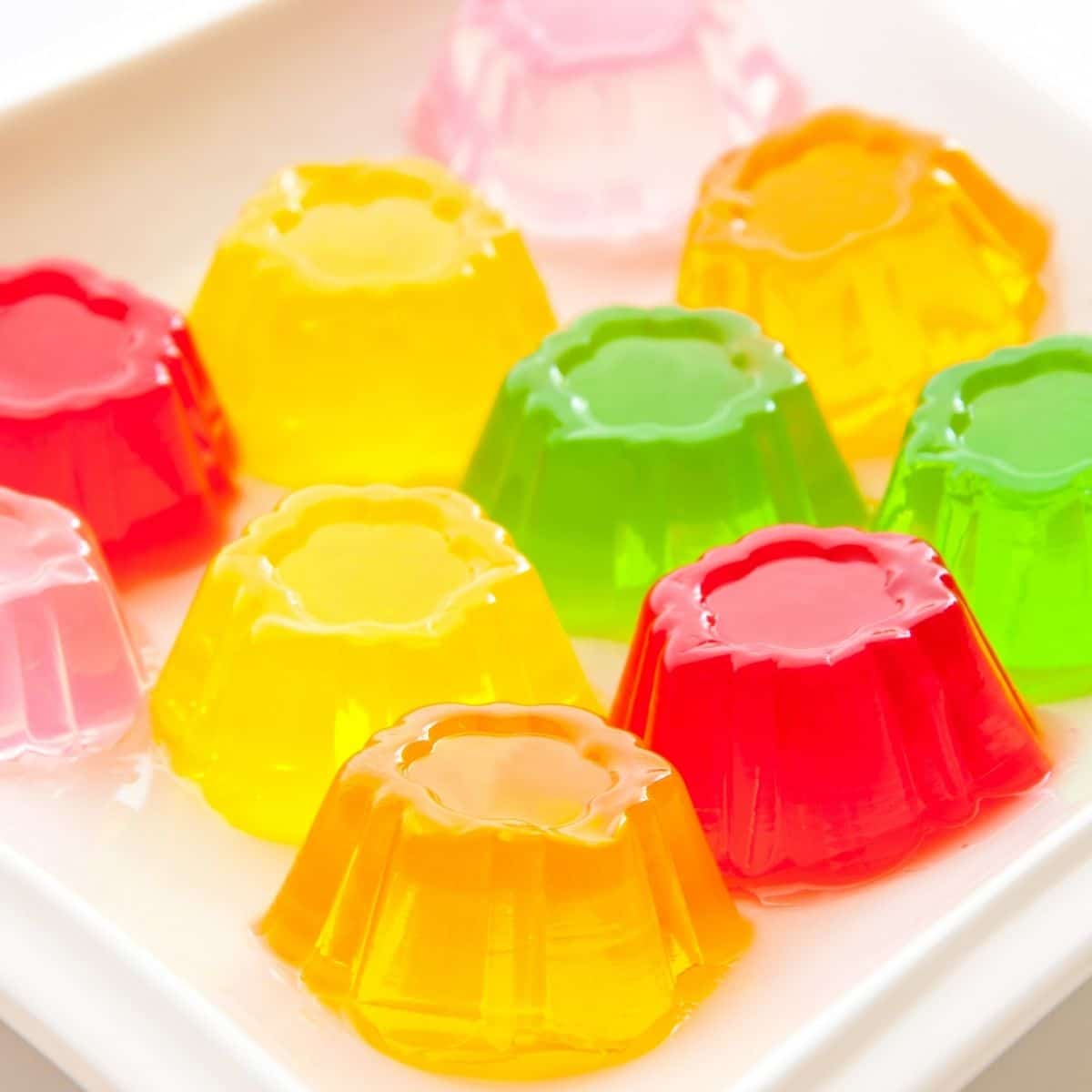Can you freeze jello? Yes, you can freeze Jello, but thawing it afterward is not advised. When jello is thawed, the texture totally changes. When you defrost jello, the ingredients separate, leaving you with a watery, clumpy mess.

Jello is a fun, jiggly, and delicious treat to serve, particularly if you have some hungry kids to feed. Jello may also be used to create 7-layer salads, cake layers, fruit salads, or fillings, and a variety of other dishes.
We can see why you'd want to store Jello in the freezer. Maybe you don't want to wait 4 hours for it to set, or maybe you don't want it to turn into a frozen delight. Continue reading to learn why Jello should not be frozen.
Freezing Jello
So, you can freeze Jello, but the real issue is: should you freeze Jello? The answer is no, you shouldn't freeze Jello.
Jello will not completely freeze due to its ingredients, and when it thaws, it will be a completely different matter.
When Jello thaws, the same ingredients that give it its wiggly texture turn into a watery mess. Freezing them essentially undoes what was achieved by making the Jello in the first place using hot water.
You may want to freeze Jello for a variety of reasons. You may be trying to make it last for a few more days or weeks, convert it into a Jello-sicle or cut down on the time it takes to set.
There are some advantages to using the freezer to speed up the set time, but it is also risky.
In any case, there are a few things you should know regarding Jello and the freezer. In the next section, we will thoroughly discuss why you shouldn’t freeze jello and what happens if you do so.
Why Shouldn’t You Freeze Jello?
Gelatin, which is derived from animal collagen, is the primary ingredient responsible for the unique wiggles and texture of Jello. In many ways, it is similar to fat.
When gelatin is mixed with hot water, the chemicals inside the gelatin combine to produce the distinct texture of Jello. Polymers and colloids, two compounds that are engaged in this process and do not like being frozen, are examples of such compounds.
The separation of polymers and colloids occurs when the temperature of the polymer or colloidal solution is exceeded. This means that when frozen Jello is thawed, it will likewise separate as a result of this reaction.
The texture of your Jello will be drastically changed as a result of this. Although the taste will not be much changed, you will be left with a mush that will no longer retain its form in the way in which Jello is supposed to.
If you freeze Jello, it might turn into a Popsicle for a short period of time, but you must eat it quickly, or it will melt and separate.
So, even if you want to keep your Jello shots cold, there really isn't a solid reason to put them in the freezer.





Comments
No Comments